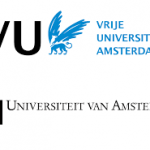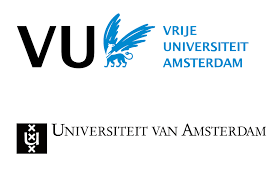Meditation and information processing

Website RubenLaukkonen Vrije Universiteit Amsterdam
Introduction
 I’m Ruben Laukkonen, a postdoctoral researcher working with Professor Heleen Slagter, at the Cognition and Plasticity Lab at the Vrije Universiteit Amsterdam.
I’m Ruben Laukkonen, a postdoctoral researcher working with Professor Heleen Slagter, at the Cognition and Plasticity Lab at the Vrije Universiteit Amsterdam.
Over the next few years we will be conducting experimental work that includes novice and (possibly) expert meditators. Most experiments will involve EEG, and we aim to use the neural data to infer changes in information processing of different stimuli during meditation. For example, is it possible that the ‘meaning’ behind words disappears during meditation practice? To answer this question, we present different sounds and words during meditation and use analysis techniques such as decoding, and paradigms such as the steady-state evoked potential, so that we can understand what the brain is doing without requiring us to disturb the meditation. These exciting new methods allow us to probe the brain without probing behaviour or self-reports. The objective neural measures can then be linked to the subjective experience that the meditator has, which they can report after the experiment has finished.
From a theoretical perspective, we draw on a ‘grand unifying theory of the brain’ known as predictive processing. Here is an interesting TED talk that describes some aspects of this theory.
The project
I’m researching how long-term meditation practice affects the most basic processes of the brain, and thereby shedding light on just how malleable and plastic humans are. Meditation can involve long periods of intensive training, sometimes ten hours a day for many months or even years. Thus, in order to understand the extent to which it is possible to voluntarily change one’s mind and brain, meditators are a compelling population to study. As a general paradigm, I’m motivated to bridge the phenomenology of meditation with third person tools of science, so we use neuroimaging (primarily EEG), behavioural, as well as self-report methods.
Required knowledge
These projects are suitable for MSc students with some programming experience (Python or Matlab), and ideally experience in collecting EEG data.
To apply for this job email your details to ruben.laukkonen@gmail.com
